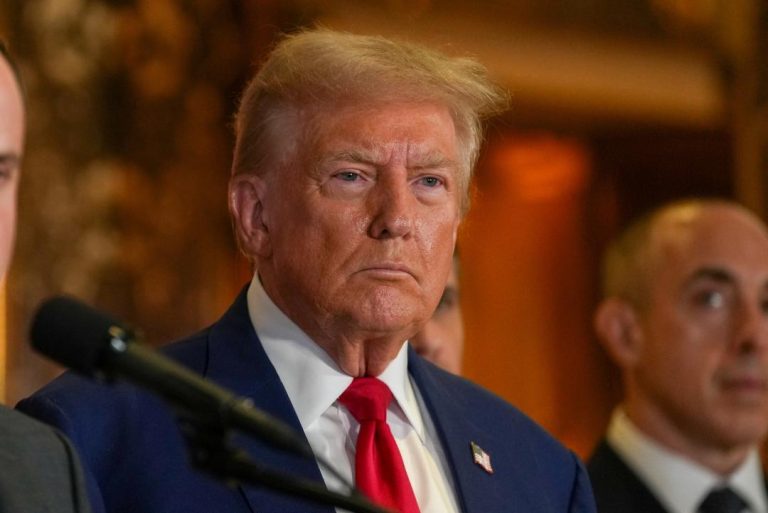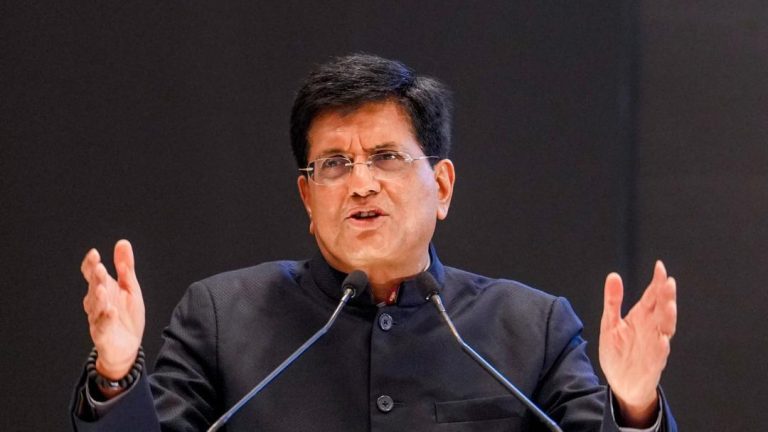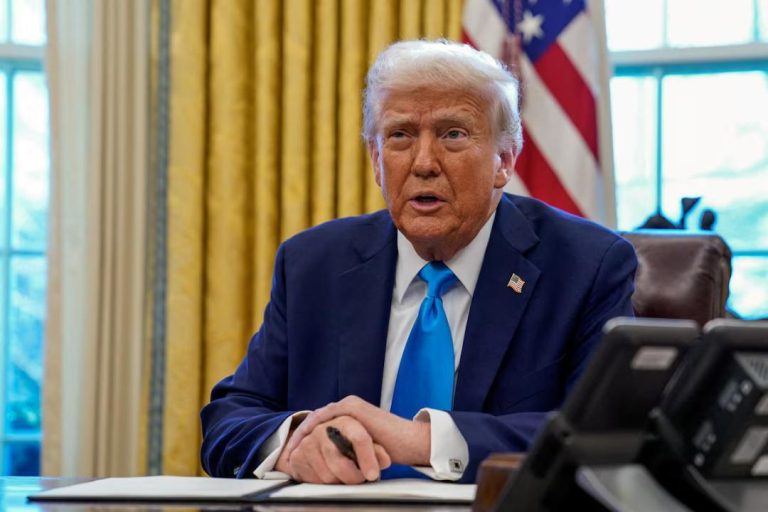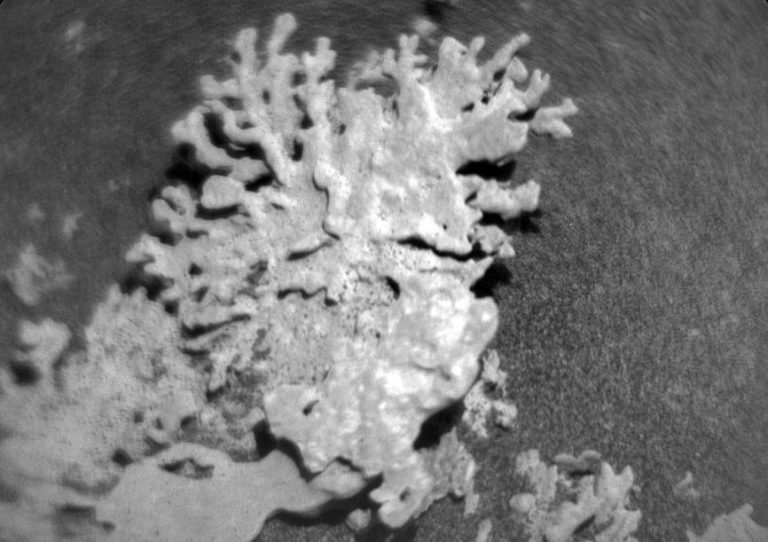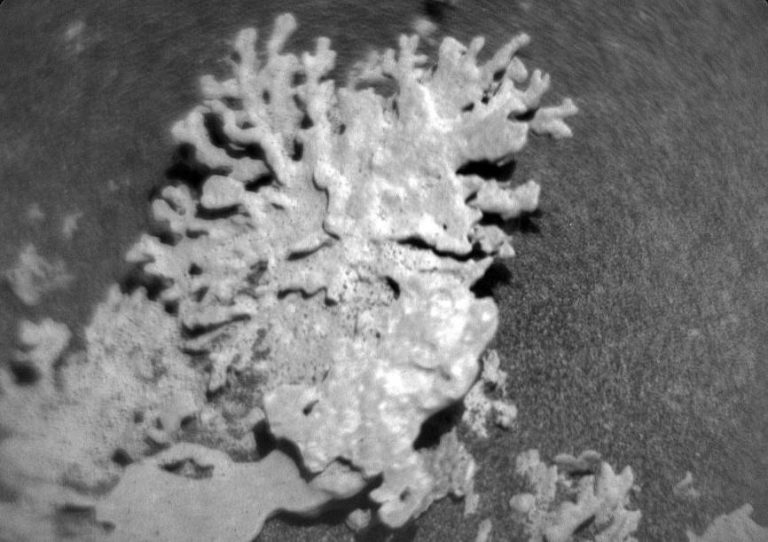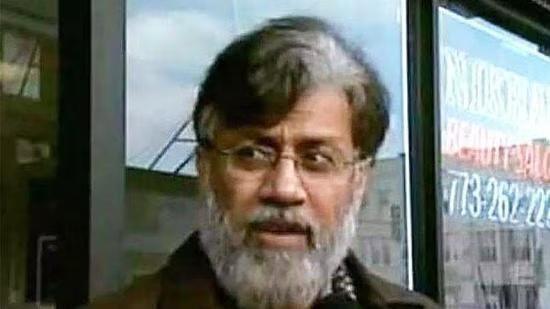
Tahawwur Rana Seeks Stay on Extradition to India, Says ‘Will be Tortured’
Tahawwur Rana, the 26/11 Mumbai terrorist attack accused, has approached the US Supreme Court seeking an emergency stay of his extradition to India. In his plea, Rana’s legal team has cited the risks of being tortured in India, stating that he cannot be sent into a “hornets’ nest” where he would be pointed to as a “target of national, religious and cultural animosity”.
Rana, a Canadian national, was arrested in 2009 and charged with providing material support to the Lashkar-e-Taiba (LeT), a terrorist organization responsible for the 2008 Mumbai attacks that killed 166 people. He has been in a US jail since then, fighting extradition to India.
In his latest appeal, Rana’s lawyers have argued that sending him to India would put his life at risk, citing the country’s poor human rights record and the fact that he would be subjected to torture and inhumane treatment. They have also raised concerns about Rana’s health, stating that he suffers from various medical conditions, including diabetes, high blood pressure, and heart disease, and that India’s healthcare system is not equipped to provide him with the necessary medical care.
Rana’s legal team has also pointed out that he has been a cooperating witness in the US investigation into the 26/11 attacks and has provided significant information about the plot to the FBI. They have argued that sending him to India would undermine the US investigation and compromise national security.
The US government has been pushing for Rana’s extradition to India for several years, citing the need to bring the perpetrator of the 26/11 attacks to justice. However, Rana’s legal team has argued that the US government is not taking into account the risks involved in extraditing him to India.
In a statement, Rana’s lawyer, Patrick B. Short, said, “Tahawwur Rana is not a flight risk, nor is he a danger to the community. He is a cooperative witness who has provided significant information to the FBI and has been a valuable asset in the investigation into the 26/11 attacks. Sending him to India would be a grave injustice and would put his life at risk.”
Rana’s appeal comes at a time when the US-India relations are at an all-time high. In a recent interview, US President Donald Trump praised India’s Prime Minister Narendra Modi, saying, “He’s a great guy, a fantastic guy, and a great leader.” Trump also praised India’s economic growth, saying, “India is doing very well, and we’re doing very well with them.”
However, despite the warm words, Rana’s legal team is concerned that the US government is not taking into account the risks involved in extraditing him to India. They argue that the US has a treaty obligation to protect its citizens from torture and inhumane treatment, and that extraditing Rana to India would violate that treaty.
The US government has not commented on Rana’s latest appeal, but it is expected to file a response to his plea in the coming days. Rana’s legal team is hoping that the US Supreme Court will grant him an emergency stay of his extradition, pending a full hearing on the matter.
In the meantime, Rana remains in a US jail, awaiting the outcome of his appeal. His legal team is hopeful that the US Supreme Court will take into account the risks involved in extraditing him to India and grant him a stay of his extradition.
As the legal battle continues, the families of the 26/11 attack victims are watching with bated breath. They are eager to see justice served, but are also concerned about the risks involved in extraditing Rana to India.
As the case unfolds, one thing is clear: the fate of Tahawwur Rana hangs in the balance. Will he be extradited to India, or will he be granted a stay of his extradition? Only time will tell.
